Missed periods can be a sign that you're not eating enough

You’ve lost some weight, and you’re dedicated to shedding those last 10 pounds. So you step up your workout, hitting the elliptical machine four to five days a week for 45 minute increments. You’re watching calories, too. And then suddenly, you skip your period. Is this normal?
Cleveland Clinic is a non-profit academic medical center. Advertising on our site helps support our mission. We do not endorse non-Cleveland Clinic products or services. Policy
During athletic training, many people think amenorrhea, or the halting of your menstrual cycle, is normal. But it’s not. And according to registered dietitian Kate Patton, MEd, RD, CSSD, LD, it can indicate a serious problem with your diet.
It is one part of the Female Athlete Triad, a potentially serious syndrome of three interrelated conditions of health risk factors: amenorrhea, bone loss/osteoporosis and low energy availability with or without disordered eating. Female athletes with one risk factor are more likely to develop — or to already have — the other two.
The triad is relatively common among young women who participate in sports, and it can have serious health consequences. The good news is that the triad is preventable and often reversible if you recognize the symptoms early and seek medical guidance.
Losing your period may seem like a pleasant side effect of working out heavily. But the health effects associated with amenorrhea can be serious.
“Amenorrhea can be a sign of exercise-induced anorexia related to energy deprivation from not eating enough, from exercising too much, or from a combination of the two,” says Patton.
During amenorrhea, your metabolism slows way down — so slow, you stop ovulating to conserve energy. You then achieve the opposite of what you’re likely hoping for, because in this state, you can’t increase your lean muscle mass because building muscle requires energy. In fact, your muscles may even break down in order to fuel more essential organs. Your body becomes more prone to injury in this weakened state.
Estrogen helps keep your bones strong. But when its levels decrease naturally after menopause, the risk of fracture rises. However, bone loss or osteoporosis can result at any age from low estrogen levels triggered by amenorrhea.
Bone loss can occur if your calorie intake is inadequate for the levels you’re working out at. Using the excessive energy required for heavy athletic training depletes the energy your body needs for estrogen production.
Disordered eating might begin as you restrict calories in order to lose weight. Some women may restrict eating unintentionally as they balance an excessive training schedule with the demands of work, school and/or family life. Over time, this food restriction may develop into an obsession with or a disordered approach to eating.
“Female athletes who are most susceptible to restricting calorie intake are those who are involved in excessive exercise, play sports that require weight checks or are involved in sports that benefit from a leaner body composition,” says Patton. She says teens with controlling parents or coaches also are at risk for disordered eating.
To train your hardest, you need to eat the right foods to fuel your body. Patton says, “This will build muscle and prevent injury.”
To prevent the serious health consequences associated with the Female Athlete Triad:
Patton says female athletes who think they may be at risk for female athlete triad should see a sports medicine doctor. “If you’re having difficulty building a healthy diet or increasing your calories, you should see a registered dietitian for professional assistance,” she says.
“Many women are in denial about developing exercised-induced anorexia from disordered eating. But missing a period is a sign that they are not eating enough and need further evaluation.”
Learn more about our editorial process.
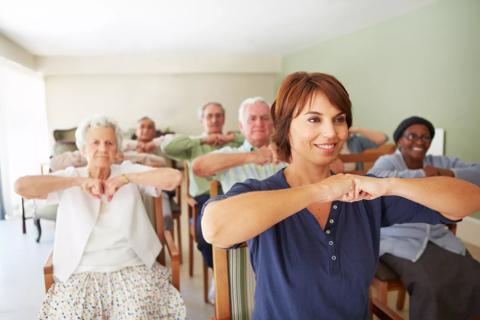
Chair exercises can help people age 65+ retain independence
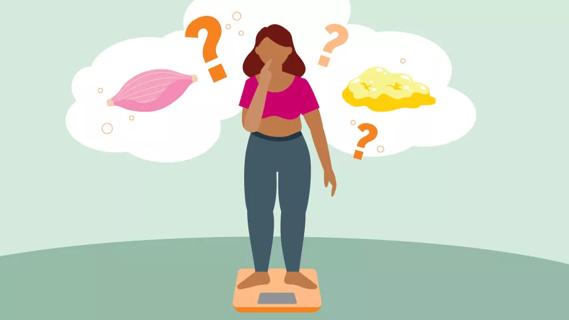
Both are needed for a healthy body
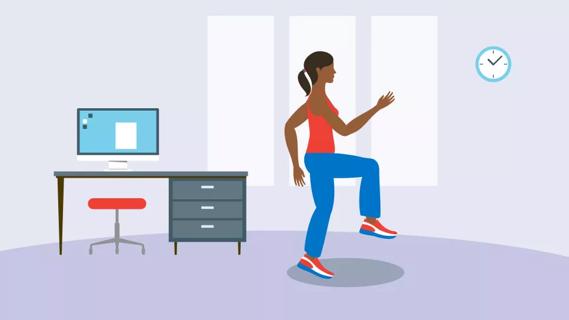
Counteract psoas muscle stiffness and soreness with stretches that lengthen and strengthen
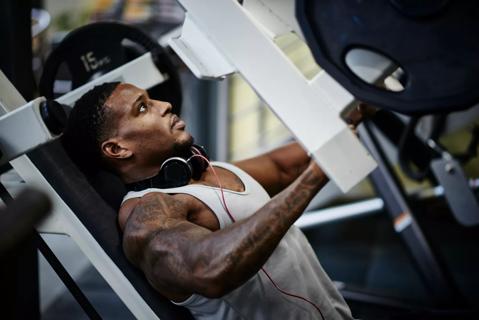
It may be OK, depending on your health, fitness level and type of exercise
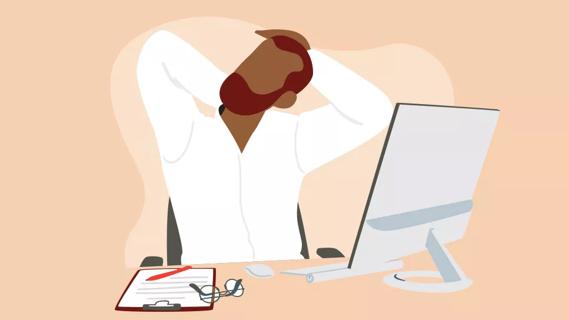
Simple exercises like wall angels and pelvic tilts can help keep your body in an optimal position — and help undo years of improper posture habits

From medications and stress to PCOS and STIs, there’s a wide range of reasons Aunt Flo may overstay her welcome
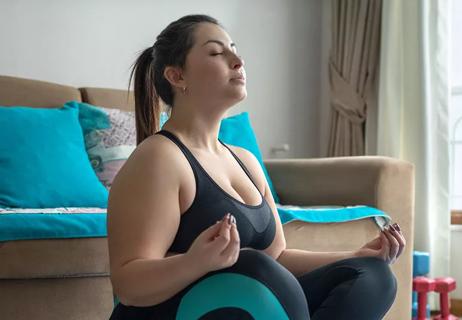
Losing belly fat can reduce your risk for chronic health conditions — try focusing on a diet high in lean protein, exercising regularly, reducing stress and getting quality ZZZs
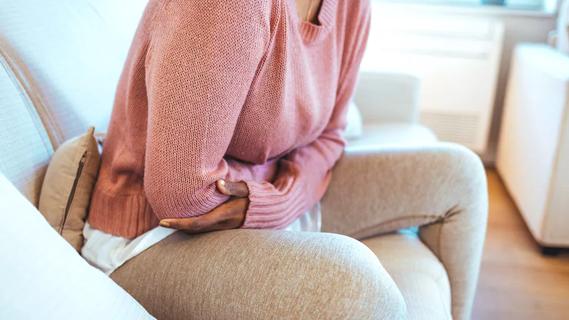
Although it can be alarming, it’s normal to experience blood clots during menstruation

Your metabolism may torch 1,300 to 2,000 calories daily with no activity

A gentle touch in all the right places may help drain your sinuses